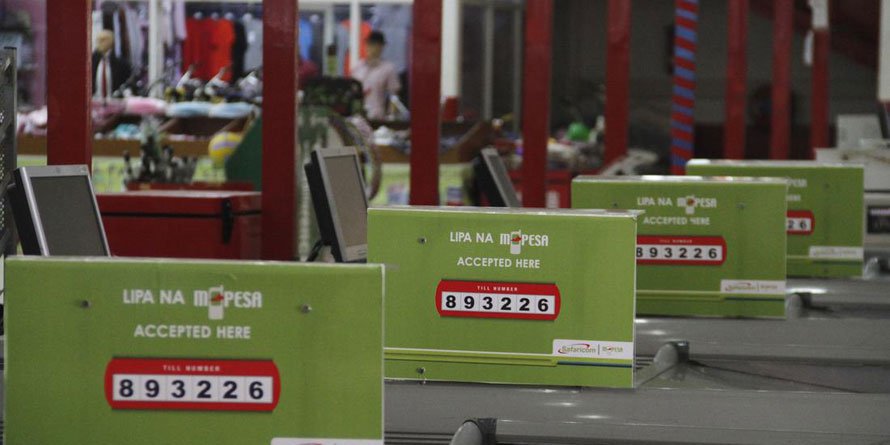Kenyan SMEs ditching mobile money payments to avoid taxation

Government’s increased taxation is forcing small businesses in Kenya to ditch mobile money payments in favour of cash.
According to reports, a number of local SMEs using payment methods such as Pay bills and Lipa Na M-pesa are now asking their customers to use cash when paying for goods and services to avoid taxation.
The move comes about a month after the Kenya Revenue Authority (KRA) 1,400 Revenue Service Assistants across the country to help enhance tax compliance among traders.
‘’The Field Officers are part of KRA’s reforms initiative aimed at enhancing productivity and culture, in order to deliver quality and friendlier services to taxpayers. ‘’ KRA said back in September.
‘’The Field Officers have been equipped with knowledge and skills to handle tax-related processes through a capacity building program comprising KRA core values and tax modules,’’ it added.
Following the move, KRA says it has noted a widespread move by some traders to ditch mobile money payments in preference of cash.
“It is already noted that this is what is happening in the market. We are working on strategies on how we can work around this,” Caroline Rotich, the KRA’s chief manager in the Domestic Taxes Department, said.
The tax man, according to a report by Business Daily now says it will be seeking information from Safaricom on businesses who have opted on the mobile money payment services. The platforms including Pochi La Biashara have been popular amongst small traders over the years.
According to the last financial year to March 2023, more than 606,000 businesses received payments through Lipa Na M-PESA, with a total of KES 1.625 trillion ($11.3 billion) transacted in the 12 months. Lipa na M-PESA contributes about 40% of the telco’s service revenue. The mobile money product is Safaricom’s biggest earner among other M-PESA-related products and it will therefore be interesting to see how the move by small businesses is going to affect these numbers.
Earlier this year, KRA re-introduced Turnover Tax to go after Small traders with annual sales revenues of between Ksh.1 million and Ksh.25 million. The tax is to be paid at the rate of three per cent of gross annual sales. Previously, the traders were required to pay at the rate of one per cent charged on gross sales of between Ksh.1 million and Ksh.50 million.
Follow us on Telegram, Twitter, and Facebook, or subscribe to our weekly newsletter to ensure you don’t miss out on any future updates. Send tips to info@techtrendske.co.ke



